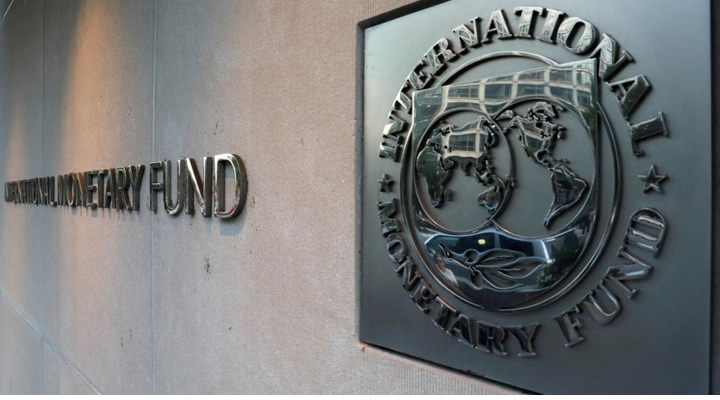
In a recent report titled ‘Industrial Policy Is Not a Magic Cure for Slow Growth,’ the International Monetary Fund highlighted the detrimental effects of relying on costly subsidies and tax breaks in industrial policies.
The IMF emphasized the importance of effectively targeting these incentives to prevent negative impacts on productivity and welfare.
While acknowledging that industrial policy can drive innovation when implemented correctly, the IMF cautioned about the risks associated with misdirected subsidies and discriminatory practices that can lead to high fiscal costs and negative spillovers in other countries.
Many countries are increasingly adopting industrial policies to promote innovation in specific sectors amid concerns over security and long-term growth prospects.
According to the IMF, well-designed fiscal policies supporting innovation and technology diffusion can lead to higher growth and aid in transitioning to a greener and more digital economy.
The IMF recommended that governments investing in industrial policies should focus on building technical capacity, adjusting support as needed, and promoting open and competitive markets.
While certain justifications exist for industrial policy, such as driving green innovation or supporting sectors with knowledge spillovers, transparency and alignment with environmental objectives are crucial for the success of such endeavors.
In a significant move, President Bola Tinubu’s administration in Nigeria recently discontinued fuel subsidies, a policy reform applauded by international observers and aimed at addressing economic challenges.
The IMF has also praised Nigeria and other countries for subsidy reforms that create opportunities for development spending, emphasizing the importance of broadening tax bases and improving tax administration efficiency in light of global trends.
